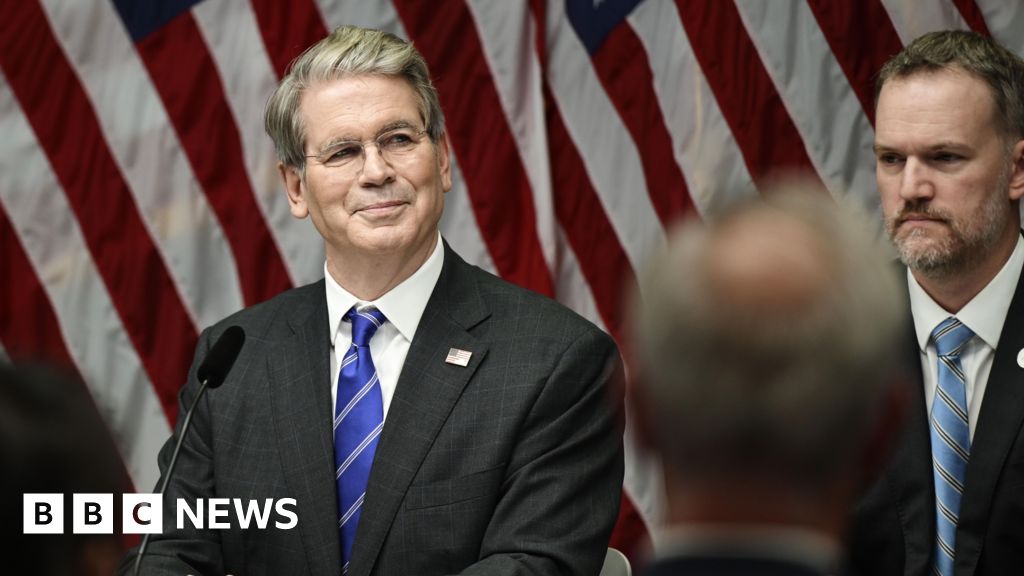ADA's 35th Anniversary: Disability Rights Groups Face Funding Cuts Threatening Vital Services

As the Americans with Disabilities Act (ADA) marks its 35th anniversary, a shadow of uncertainty looms over the organizations that have tirelessly championed the rights of individuals with disabilities. Proposed budget cuts could significantly reduce federal funding for these crucial groups, potentially jeopardizing the very services that empower and protect vulnerable populations.
For decades, organizations like the Disability Rights Center of Kansas have relied on federal dollars to advocate for and safeguard the well-being of Americans with disabilities. Nancy Jensen's story is a stark reminder of the life-altering impact of these groups. She credits the Disability Rights Center with helping to shut down an abusive group home in 2004, a pivotal moment that allowed her to regain her independence and escape a harmful situation.
The Crucial Role of Disability Rights Groups
These organizations provide a vital safety net, offering legal assistance, investigative services, and advocacy support to individuals with disabilities who face discrimination, abuse, or neglect. They challenge systemic barriers, ensuring equal access to education, employment, housing, and healthcare. Their work extends beyond individual cases; they actively shape policy and legislation to promote inclusivity and accessibility for all.
The Threat of Funding Cuts
The proposed cuts, stemming from ongoing budget negotiations, could have devastating consequences. Reduced funding would force these groups to scale back their services, potentially leaving countless individuals without the support they desperately need. This could lead to an increase in abuse cases, a decline in accessibility, and a rollback of hard-won rights.
“These cuts are a direct attack on the disability community,” says Sarah Miller, Executive Director of the National Disability Rights Network. “They undermine the very principles of the ADA and threaten the progress we’ve made in creating a more inclusive society.”
Beyond Legal Aid: A Holistic Approach
The impact extends beyond legal representation. Many disability rights groups offer training and education programs, empowering individuals with disabilities to advocate for themselves and understand their rights. They also work with businesses and government agencies to promote accessibility and ensure compliance with the ADA.
The Fight for Continued Support
Advocates are mobilizing to raise awareness about the potential consequences of these cuts and urge lawmakers to prioritize funding for disability rights organizations. They argue that investing in these groups is not just a matter of social justice but also an economic imperative. Supporting individuals with disabilities allows them to participate fully in the workforce and contribute to society.
As the ADA celebrates its 35th anniversary, it's a critical moment to reaffirm our commitment to the rights and well-being of individuals with disabilities. Protecting the funding for the organizations that champion their cause is essential to ensuring a truly inclusive and equitable future for all.
What You Can Do:
- Contact your elected officials and urge them to oppose funding cuts to disability rights organizations.
- Support disability rights organizations through donations or volunteer work.
- Educate yourself and others about the ADA and the importance of disability rights.






